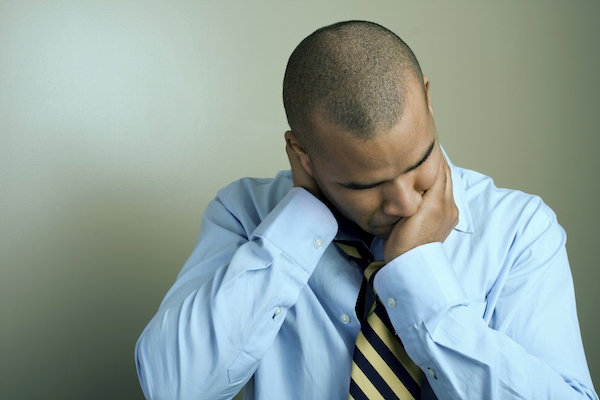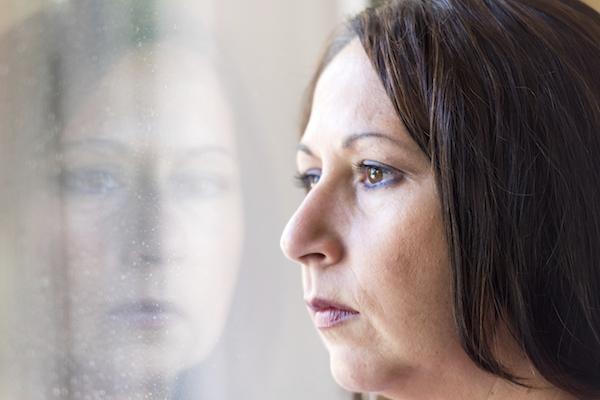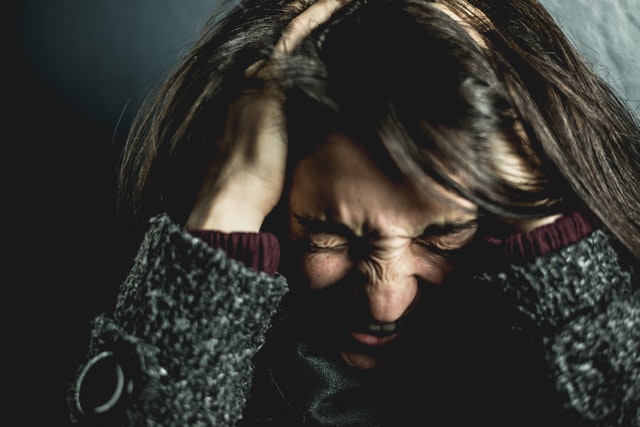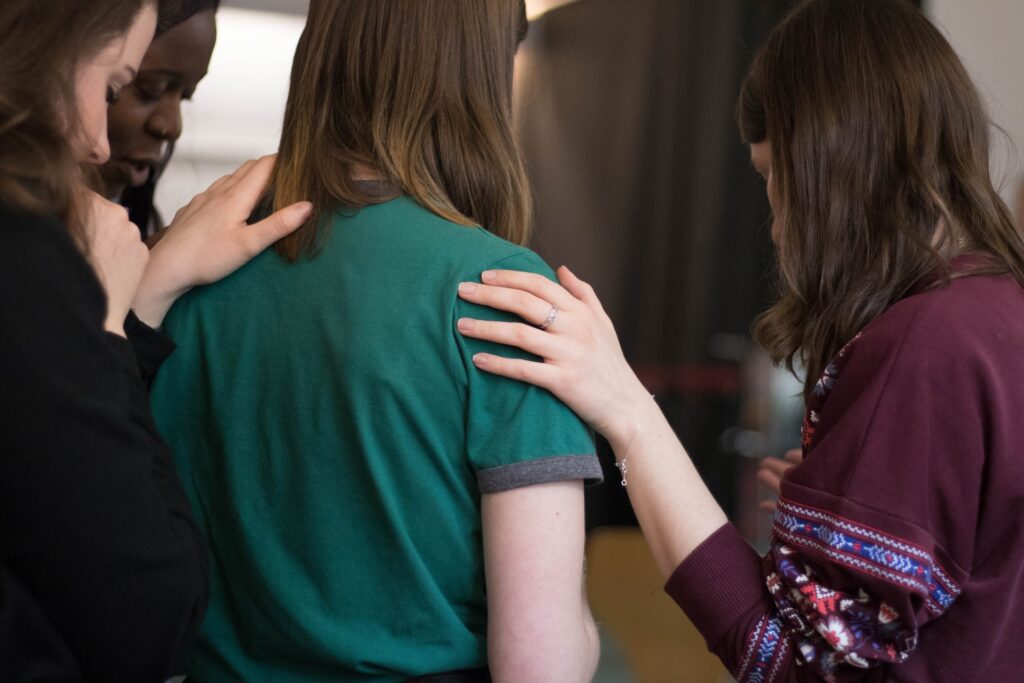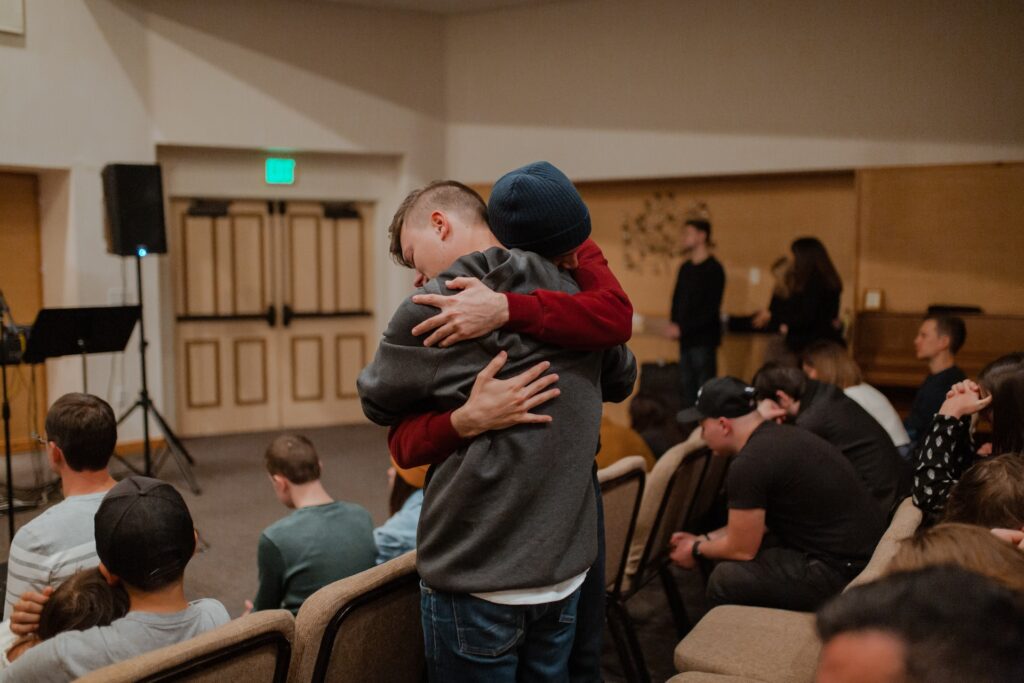Fear of Flying
Flying anxiety, or the fear of flying, is actually a type of phobia and is part of the spectrum of anxiety disorders. This type of anxiety is linked to the fear of what might happen, as opposed to the fright one would experience in the middle of an actual flight emergency. In other words, people who suffer from a flying phobia will feel threatened even when sitting in an airplane that is on the ground, not moving, and with everything functioning normally.Fear of flying can be anxiety related to and triggered by:
- Loss of control and worries about having a panic/anxiety attack while in flight
- Fear of being in an enclosed space (claustrophobia)
- Worry about turbulence or a fear of heights
- Fear of being exposed to illnesses from other passengers
- Being anxious about sitting in close quarters with other people
- Not understanding the sounds and sensations of flying in an airplane
- Having to depend on an unknown person’s skills and judgement (the pilot’s)
- Fears about possible terrorism
Symptoms of flying anxiety can include:
- Stomach discomfort, nausea
- Dry mouth, flushed or pale face
- Rapid breathing and heart palpitations
- Muscle tension or tremors
- Negative expectations
- Dizziness, sweating, or weakness
Flying Anxiety
The Department of Transportation has concluded that it is 29 times safer to fly in an airplane than to drive or ride in a car, yet most of us use an automobile every day without a second thought. And, even though statistics tell us that air travel is one of the safest forms of transportation, many people still harbor deep fears and anxieties at the thought of getting on a plane.
Did you know, however, that a fear of flying really isn’t about the risks involved in the act of flying? Instead, this anxiety is really more about the sufferer’s loss of control and the awareness of being vulnerable.
You can read more about Dr. Rosen’s discussions on Fear of Flying.
Help for Fear of Flying
Avoiding flying will not help: it will only serve to keep your fears intense and alive. The next time you fly, try some of the following to help with your unease:
- Before you fly, try to recognize the signs that your anxiety level is rising and make an attempt to manage it with deep breathing, yoga, or meditation
- If you are on the plane, try relaxation exercises: take a deep breath, lower your shoulders, and unclench your shoulder muscles before letting your breath out. Do this with various areas of your body (relax your hands and legs, relax your facial muscles, relax your abdomen, etc).
- Focus on a peaceful image in your mind. Make it real—for example, if you are picturing yourself on a beach, feel the sun’s warmth on you, hear the cry of the seagulls, taste the sweetness of the fruit you are eating. Focus on the details!
- Take a deep breath in through your nose, feeling your abdomen rise as you do. Exhale through your mouth to a count of 10, pushing out all of the air with your abdomen. Do this 4-5 times while allowing your muscles to relax.
Seeking Professional Help
If your flying anxiety can’t be overcome with relaxation techniques, it might be time to seek the help of a therapist. Exposure Therapy and Cognitive Behavior Therapy have been successfully used to reduce the triggers and fears associated with flying.
Get help for your anxiety of Fear of Flying
In Exposure Therapy, the intent is to guide the patient into a more accurate train of thought, so their anxiety system ceases to give misinformation about what may happen during a flight. This type of training is done through example: the patient is repeatedly guided into a situation where they will face their fears and anxieties. Over the course of treatment, they become conditioned to the situation they have feared and it no longer provokes their anxiety.
Cognitive Behavior Therapy helps the patient become aware of their unreasonable thoughts and beliefs so they can view the situation more realistically and react in a healthier way. It helps the person identify and challenge negative or inaccurate thinking so that they can replace the negative thoughts with positive, accurate ones that are more realistic.
With either form of treatment, techniques are taught to help the patient manage anxiety. For example, as mentioned above, diaphragmatic breathing can be learned so it can be used to help calm a person while on a flight. People can also learn to desensitize their bodily sensation triggers so they don’t react to turbulence or the feeling of the plane taking off or landing. Virtual reality programs can be used in a safe environment to educate people on the sounds and sensations they will experience during flight. And, as a last resort, anti-anxiety medications can be used in combination with therapy to help someone manage their fears during a flight.
If you or someone you know is having difficulty traveling due to their fear of flying, we can help! For more information or to talk to a mental health professional about your flying anxiety, contact Dr. Rosen or call The Center for Treatment of Anxiety and Mood Disorders in Delray Beach, Florida at 561-496-1094.
Looking for immediate help?
Contact Us Today for a Confidential Assessment.
Call 561-496-1094 or
Treatment Programs Specializing In:
Serving the whole person, not just the symptoms. In all of our programs your comfort, privacy and long-term success are paramount.
COVID-19 Trauma has become familiar to many people throughout the pandemic. If you’re experiencing trauma, PTSD, anxiety, or depression as a result of Corona virus learn about how our COVID-19 Trauma Treatment Program can help.
We offer online therapy to help people who are unable to leave their homes. Contact us and we will will schedule your confidential online assessment.
Helping people from all walks of life find deeper connection and understanding to create stronger and healthier relationships.
Anxiety disorders are the most common psychiatric illnesses affecting children and adults. When you experience anxiety that is persistent, seemingly uncontrollable, overwhelming and disabling you may have an anxiety disorder.
Mood disorders represent a category of psychiatric disorders in which the underlying problem primarily affects a person’s persistent emotional state or mood. Mood disorders are made up of depressive types and bipolar types.
Resilience can help protect a person from various mental health conditions, such as depression and anxiety, and most importantly this training improves the quality of life. Resilience can also help offset factors that increase the risk of mental health conditions, such as being bullied or previous trauma.
Children and adolescents experience normal problems of growing up due to pressures of social media, school, socializing, self esteem or family. Our youth services provide assistance in dealing with educational, social, and vocational issues.
The Trauma Institute provides highly specialized clinical services, informed by the latest cutting edge-research, for trauma survivors. We are an Institute dedicated to clinical services, community education, professional training, and research focused on trauma recovery.
Individuals or couples who want to transition into parenthood but are experiencing difficulties becoming pregnant may feel alone, frustrated, ashamed or experience symptoms of depression or anxiety. Pregnancy therapy may be a helpful outlet to help cope with these feelings and reduce stress.
Many children and adults who have weak executive functioning skills are negatively impacted in all areas of life but fortunately through assessment and intervention, executive skills can be strengthened and compensatory strategies can be learned. When these skills are well developed, children and adults can better maximum their potential and future outcomes.
Families naturally go through stages and transitions across the lifespan. Family dynamics impact each individuals’ response to daily life and major events. Therapy can help families understand their complex and ever-changing dynamics. As the family becomes an expert in their processes, they will be able to use new skills to navigate each situation with love and respect for one another.
Learning should be empowering and meaningful for all students. Our new services being offered include the teaching of strategies to maximize learning. Academic coaching and personalized learning strategies can help students learn to use patterns, meaning, body motion, mnemonics, their color spectrum, visuals and mind maps to enhance attention and working memory. When learning becomes meaningful, positive physical changes happen in the brain.
What We Treat
Other addictions and disorders
Types of Therapy
The Center offers cutting edge therapy designed to get you on the road to a speedy recovery. We will help you to learn how to live your daily life free from the fears or compulsions that inhibit you or your child’s ability to complete each day’s tasks.
More Ways to Get Help Now
The Center offers cutting edge therapy designed to get you on the road to a speedy recovery. We know that you can’t always make it into our office for your session. Which is why we now provide teletherapy. You can get support from the comfort of your own home. We offer cognitive behavior therapy, psychodynamic psychotherapy, mindfulness meditation, group therapy, and medication. Depending on your needs, here’s how you can get help now:

Online or Phone Therapy
For individuals around the country or those wanting help from the comfort of your own home, we offer therapy via Facetime, Skype or phone.

In Person Treatment
We have professionals available 7 days a week. Our offices are conveniently located in the Boca/Delray area.

Intensive Outpatient Programs
For those who prefer a more short-term approach we offer intensive sessions for individuals or groups. Perfect for those with a less flexible work schedule.
When it comes to anxiety or mood disorders we specialize in treating the whole person, not just your symptoms. In all of our programs your comfort, privacy and long-term success are paramount.
Looking for immediate help?
Contact Us Today for a Confidential Assessment.
Call 561-496-1094 or




